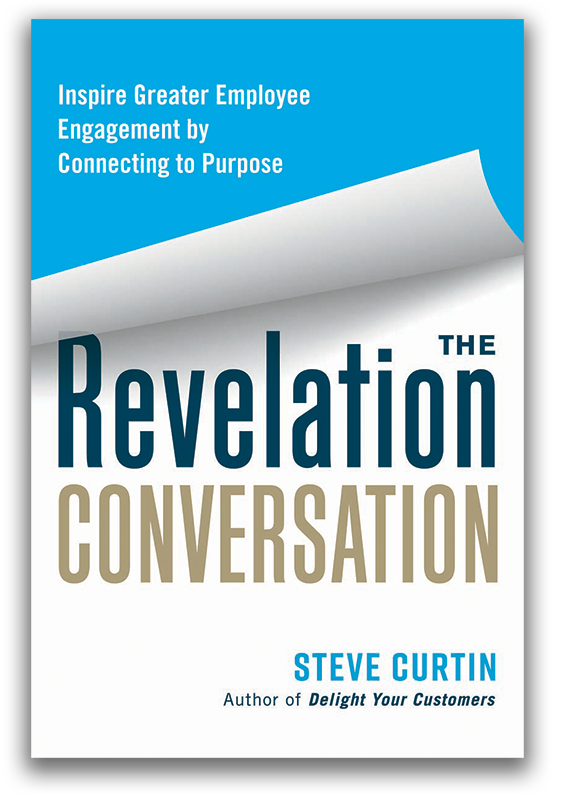 Last week, in preparation for spring break in the mountains, I called my local Ford dealership to ask a couple of questions about my service plan’s coverage of replacement brake pads and to schedule an oil change and tire rotation.
Last week, in preparation for spring break in the mountains, I called my local Ford dealership to ask a couple of questions about my service plan’s coverage of replacement brake pads and to schedule an oil change and tire rotation.
Today’s business climate eschews helpful, personalized service in favor of more efficient alternatives. So perhaps I should not have been surprised to learn that calls to the dealership’s service department during business hours are now forwarded to a scheduler located off-site.
As soon as the scheduler answered, I sensed that I was not talking to a seasoned car guy or gal who was equipped to answer my questions. To confirm my doubts, I asked, “Have I reached the dealership?”
“No,” he responded, “We schedule service appointments for the dealership.”
Now, that might work for the minority of customers who are calling to schedule basic vehicle maintenance and do not have questions beyond broad costs and appointment times. But what if they have questions about a specific repair or the availability of parts onsite?
I asked the scheduler if he was familiar with the service plan on my Ford Expedition and he said that I would need to speak with someone at the dealership.
My point exactly.
He then transferred me to the dealership where I was routed to the voice mail of a Ford technician who, incidentally, I had attempted to call in the first place.
The dealership’s management should recognize that the majority of customers who call to make a service appointment will have questions about timing, costs, specific repairs, and recalls that a remote scheduler (outsourced to reduce labor costs) cannot answer. This leads to frustration and increased effort for the customer. This is not a good combination for securing loyalty, positive reviews, and dealership recommendations.
Within 30 minutes of my initial call, the Ford tech returned my call. He was great—very knowledgeable about my vehicle and service plan. My challenge was the hassle and time it took to get to that conversation.
It’s unrealistic to expect, basically, an answering service to address vehicle-specific questions pertaining to parts availability, recall notices, and warranty or service plan coverages that take years of certifications and experience to answer.
Outsourcing often looks better on paper than it does in practice. If you’re considering relinquishing a customer’s first contact with your business to a third party that lacks the product knowledge and expertise to effectively answer customers’ questions, tread lightly.
To determine the true cost of outsourcing, look beyond this month’s P&L statement to see exactly what it’s costing you.



